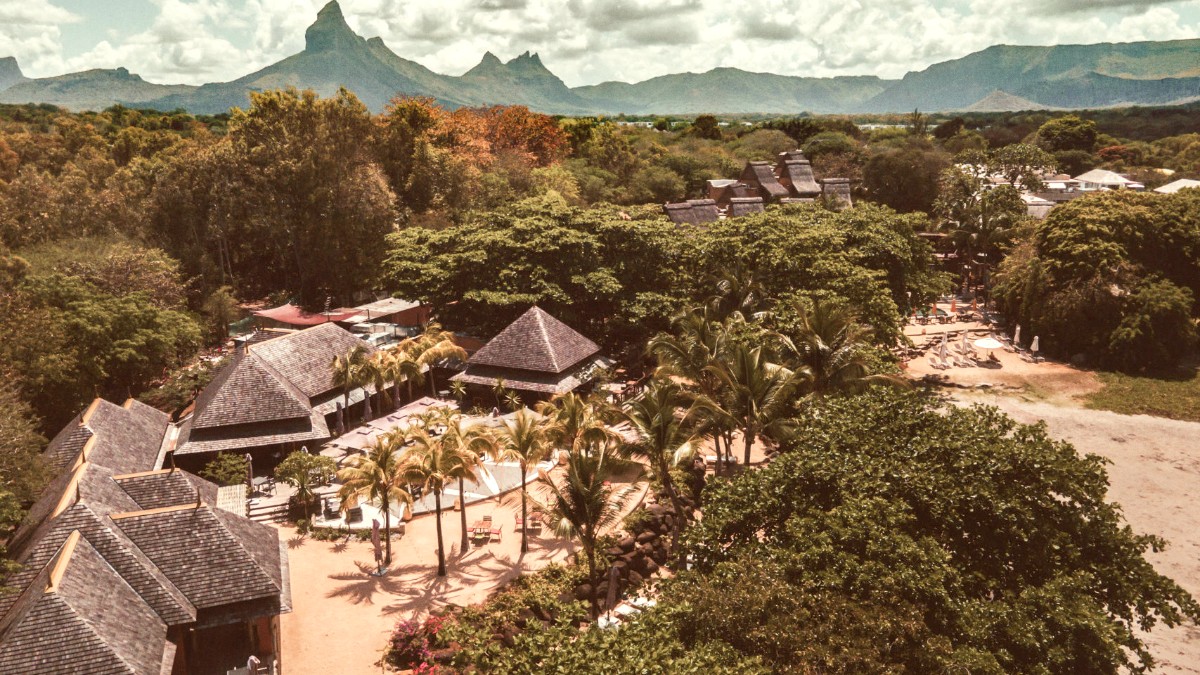
Central Mauritius, Mauritius
Prepare your documents before traveling to Mauritius. Mauritius extends an accommodating visa policy.
Mauritius generally permits visa-free entry for citizens of many countries for tourism, typically for stays up to 60 or 90 days. Verify specific requirements for your nationality on the official Mauritius Immigration website. For nationalities requiring a visa, application procedures vary, often involving online applications or visits to a Mauritian embassy.
No general entry fees exist for tourists upon arrival in Mauritius. You do not pay a separate fee to enter the country.
Immigration procedures involve presenting your passport, return ticket, and the completed disembarkation card to an immigration officer. This occurs upon arrival at Sir Seewoosagur Ramgoolam International Airport (MRU). The process usually runs efficiently. Be ready to answer brief questions about the purpose and duration of your visit.
6 months beyond stay
Your passport must be valid for at least six months beyond your intended period of stay in Mauritius.
Make certain it has at least one blank page for stamps.
Proof of departure
Proof of departure from Mauritius has a general requirement. This displays your plan to leave the country.
Have a printed copy or digital confirmation ready.
Confirmed stay details
Provide proof of your hotel booking or an invitation letter from a host in Mauritius. This verifies your place of stay.
Show evidence of adequate financial means to cover your expenses during your stay.
Access to Black River Gorges National Park holds no specific permit requirements. You may enter the park and use its trails freely.
Guided tours with licensed guides arrange through local operators for a experience. These guides offer insights into the park's flora, fauna, and conservation efforts. While advisable for longer or less-familiar trails, a guided tour is no mandate for park entry.
A card provided on your arrival flight or at the airport. Fill it completely before immigration.
Necessary for visa applications if your nationality is not visa-exempt. Have recent, standard photos ready.
Copies of personal medical records for pre-existing conditions. Doctor's letter for medications.
List of home contacts and local emergency numbers (Police, Ambulance, Fire).
Student, senior, or press IDs for potential savings.
Plan your budget for a Mauritius trip, including specific costs for visiting Black River Gorges National Park.
Mauritius uses its own currency. The local currency is Mauritian Rupee (MUR), symbolized as Rs. Exchange rates vary; check current rates before travel.
Tipping holds no mandatory status in Mauritius but recognition occurs for good service. This practice is appreciated.
Here is a breakdown of common expenses across different categories.
Prioritize your health and safety when visiting Mauritius and Black River Gorges National Park. Awareness and preparation may prevent issues.
Be aware of potential health issues and how to avoid them. Dengue fever, a mosquito-borne illness, occurs.
Prevent dengue by using insect repellent, especially at dawn and dusk. Wear long sleeves and pants, specifically when hiking in forested areas like Black River Gorges National Park. Apply insect repellent with DEET or picaridin before entering the park, and reapply as necessary.
Mauritius presents a mix of public and private healthcare. Private clinics and hospitals generally bring higher care standards and shorter waiting times. They often have English-speaking staff.
Major towns near Black River Gorges have medical centers and pharmacies.
Serious medical emergencies may call for evacuation to a country with advanced medical facilities.
Mauritius generally maintains a safe status for tourists with a relatively low crime rate. Black River Gorges National Park stays generally safe during daylight hours.
Adhere to marked trails and avoid isolated areas.
Petty theft is rare but possible; keep valuables out of sight.
Be informed about potential natural events. The official cyclone season runs from November to May, with the highest risk from January to March.
Heavy rainfall can cause localized flooding and slippery trails.
Monitor local news and official advisories during cyclone season.
| Service | Number | Notes |
|---|---|---|
| Police (Emergencies) | 999 or 112 | General emergency line |
| Ambulance | 114 | Medical emergencies |
| Tourist Police | +230 213 1111 | For tourist-specific issues |
The island experiences a tropical climate with two distinct seasons, each presenting different conditions for outdoor activities, especially hiking in the park.
This dry period minimizes muddy trails, making your hikes more enjoyable.
Lower humidity and less rain improve trail safety and views.
Birds stay more active in pleasant conditions, boosting sightings.
Wet Season (January to March) for Dramatic Scenery
The wet season offers dramatic landscapes and waterfalls at their fullest, presenting opportunities for striking images of powerful cascades. Weather can remain unpredictable, with sudden downpours influencing light and visibility.
The dry season presents consistently clear skies and dependable light, ideal for capturing wide panoramic views of the gorges. Bring protective gear for your camera during the wet season.
Check park conditions before starting a hike after heavy rain.
High temperatures (25-30°C) and high humidity. Most rainfall from January to March. Cyclone risk.
Cooler, drier, less humid (19-24°C). Lower rainfall, negligible cyclone risk. Good conditions for activities.
High year-round, more pronounced in summer. Physical activities may feel more taxing.
The official cyclone season occurs from November to May, with the highest risk between January and March.
Each season presents different trade-offs regarding crowds and pricing.
Higher tourist numbers. Peak accommodation and flight prices. Book well in advance.
Fewer crowds. Better deals on flights and accommodation. Increased humidity is possible.
Lowest prices for flights and accommodation. Fewer tourists. Highest cyclone risk and heavy rainfall.